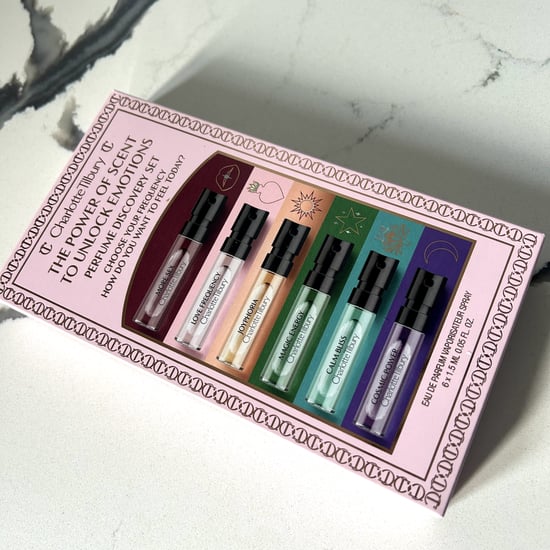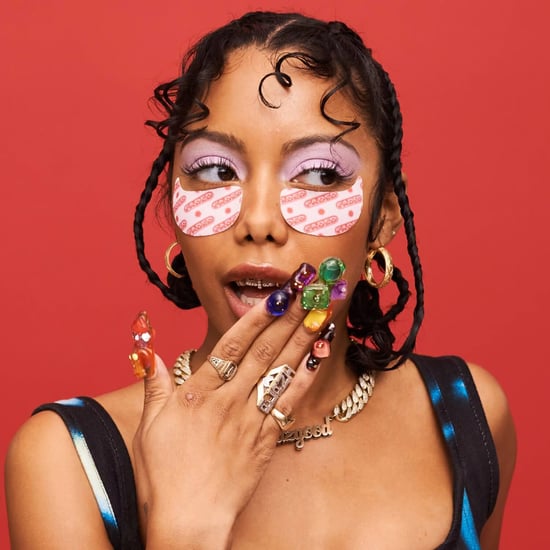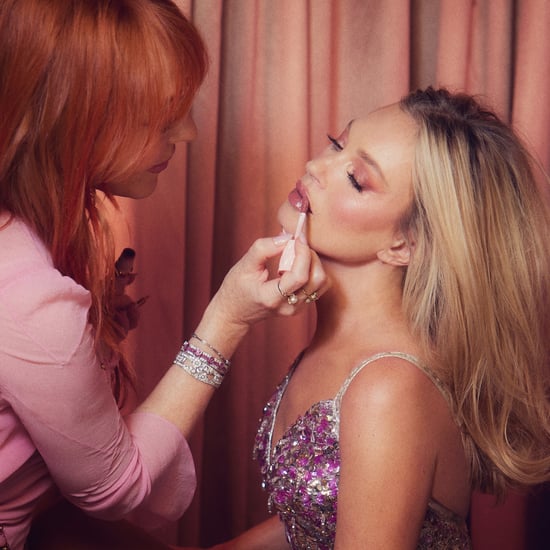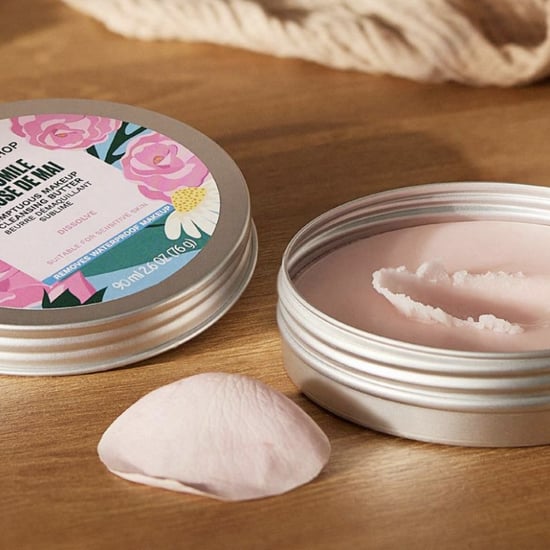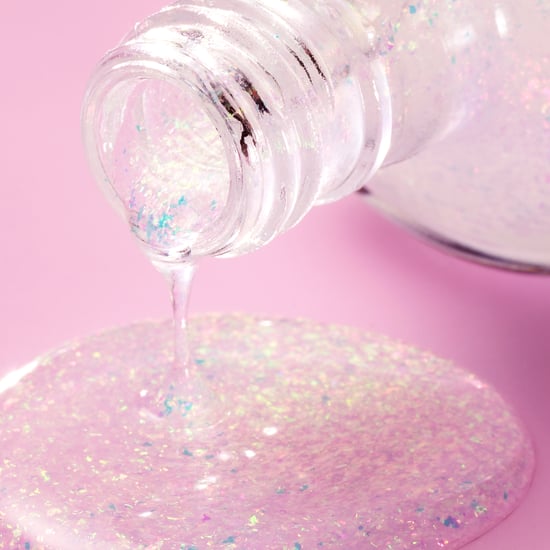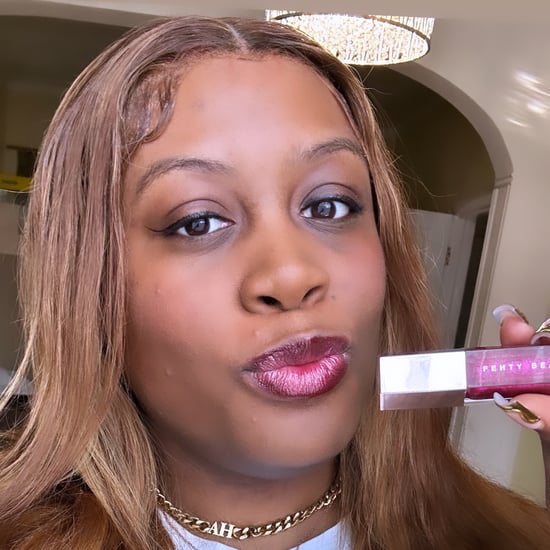Government’s Beauty Salon Restrictions Are Sexist | Essay
Hi, Government: Getting Our Brows Done Isn’t the Issue, Beauty Professionals Losing Their Jobs Is
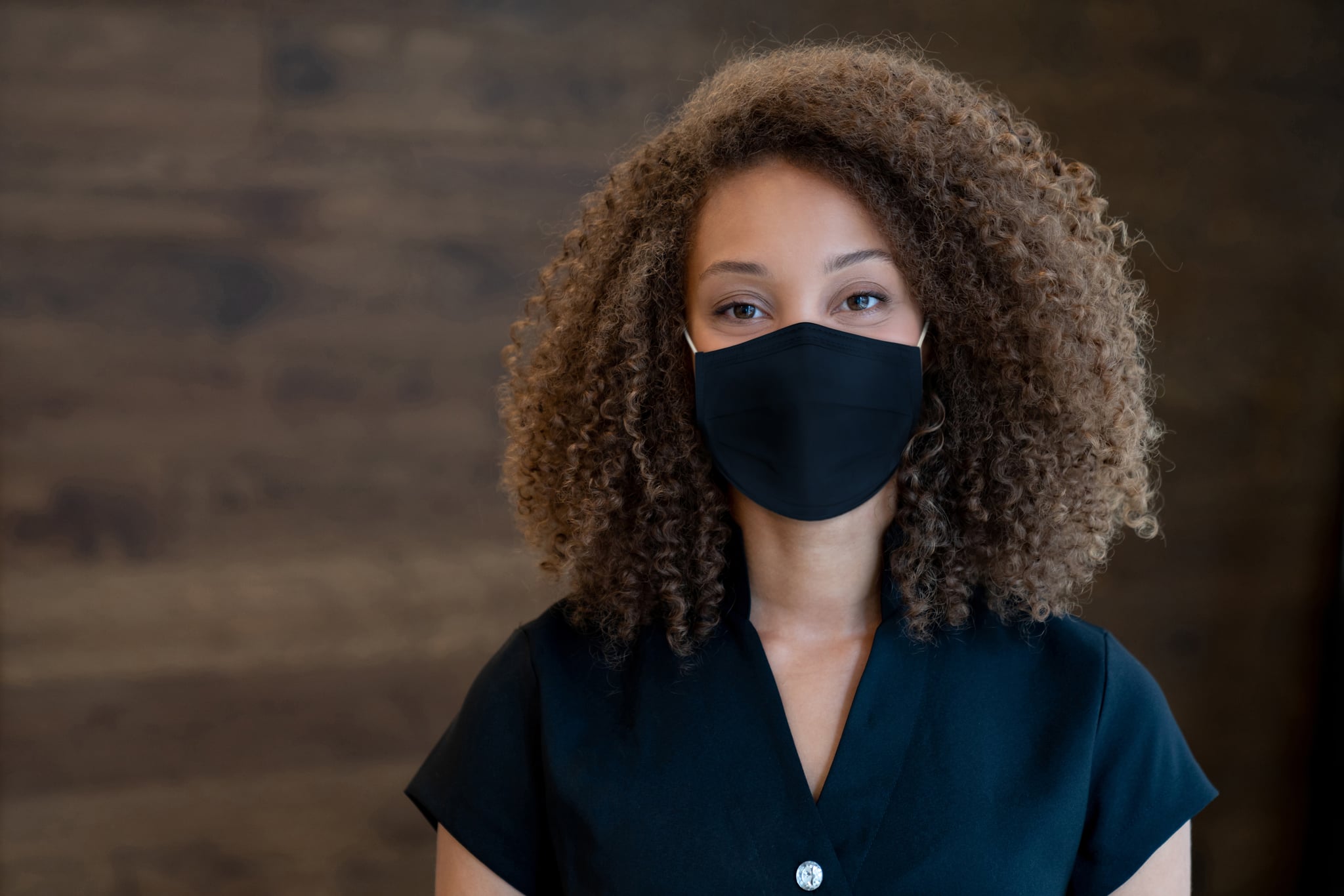
Look, people don't give a sh*t about getting their eyebrows done anymore. Sure, we want to feel pampered by getting our favourite treatments done again, but the real reason we're all desperate to get back to our local beauty salons is much more important than that. We want to support the thousands of people who are at risk of losing their jobs and who have, yet again, been left without with zero financial support or reopening guidance.
On 9 July, culture secretary Oliver Dowden made the announcement that beauty salons, tattooists, and nail bars can open for business in England starting Monday 13 July. Great! We're thrilled that nail technicians, waxing specialists, and spa therapists can return to work — it's about time.
According to BABTAC, 42 percent of beauty professionals are in "desperate need of immediate earning to avoid the risk of closing businesses or further job losses."
However, Dowen's announcement included a caveat when he noted, quite casually I must say, that "some restrictions" regarding the reopening would apply. What he failed to explain was that "some" restrictions actually applies to a huge number of treatments that salons and beauty professionals offer and that contribute to a large portion of their revenue. Although salons have been given the go ahead, no beauty treatment on the face is allowed. These treatments include (but are not limited to): facials of any kind (such as chemical peels, dermaplaning, microneedling, hydrafacials, LED therapy, laser therapy, microcurrent); eyelash extensions, tints, waxing, or lifts; eyebrow waxing, tints or reshaping; threading or waxing anywhere on the face, acupuncture, and makeup application.
The reason given as to why treatments on the face are not permitted is because it's considered a "high risk zone" as these treatments are directly in front of the client's face (although I don't think this guidance was put together by someone who has ever had their brows threaded) and are at most risk of catching or spreading the virus. However disappointing that decision is, it seems to come from a valid reasoning given the COVID-19 risks.
That was until it was communicated to the public that "beard trims" are not part of this "high risk zone" and are allowed to resume. Meaning that, predominantly female services such as eyebrow waxing (which, FYI, doesn't even require the removal of a face covering) or upper lip threading are not permitted, yet the predominantly male service of bread trims are allowed in the new government guidelines. We have yet to see any data to support the government's decision as to why beard trims are not considered high risk, while eyebrow grooming is.
Why do we care so much? Aside from it being blatantly misogynistic, beauty professionals are losing their jobs at an alarming rate — let's look at the numbers.
The British Association of Beauty Therapy and Cosmetology (BABTAC) — who has been working closely with the government and the Department for Business, Energy, and Industrial Strategy (BEIS) to support the reopening of the beauty industry — surveyed 3,000 people working in the beauty industry to see how COVID-19 has impacted their businesses, and the results are shocking, to say the least.
A startling 42 percent of beauty professionals are in "desperate need of immediate earning to avoid the risk of closing businesses or further job losses", and 35 percent of people surveyed are the "sole or main income provider of households." The majority of the survey suggests that a staggering one in four people are "at risk of being made redundant within a business."
When it comes to financial support from the government, just 31 percent of beauty professionals received a small business grant, and 18 percent didn't qualify for any funding due to the government parameters set.
Businesses are ready to reopen. In fact, 80 percent of beauty professionals said they are confident to reopen. BABTAC are calling for the new government advice with regards to the "high risk zone" to be published to give businesses a better understanding of how and why these decisions have been made. Large beauty brands and organisations such as CND and The British Beauty Council have been supporting professionals throughout the pandemic with extensive reopening guidance. It's an industry that, prior to the pandemic, already prided on extreme cleanliness.
So we ask the UK government: please stop creating "rules based on science" for women-led businesses, whose opening is crucial in the rebuilding of UK economy, which we so desperately need as a nation, and then bend these same rules for predominantly male services such as beard trims. It's clear that these decisions are not just science-based anymore. The beauty industry, which continues to be unable to work, deserves answers and support.
